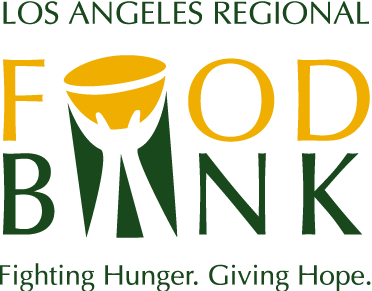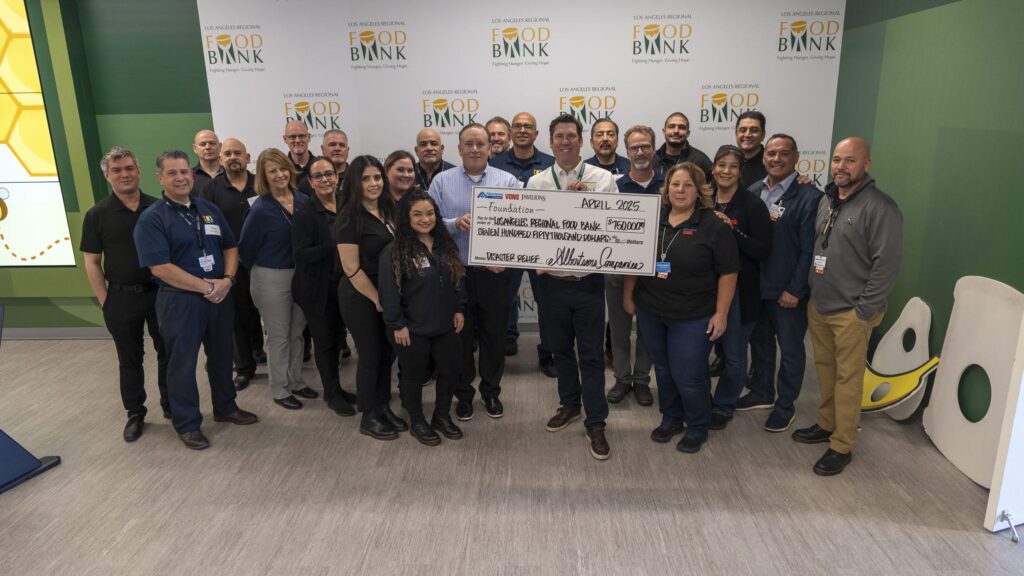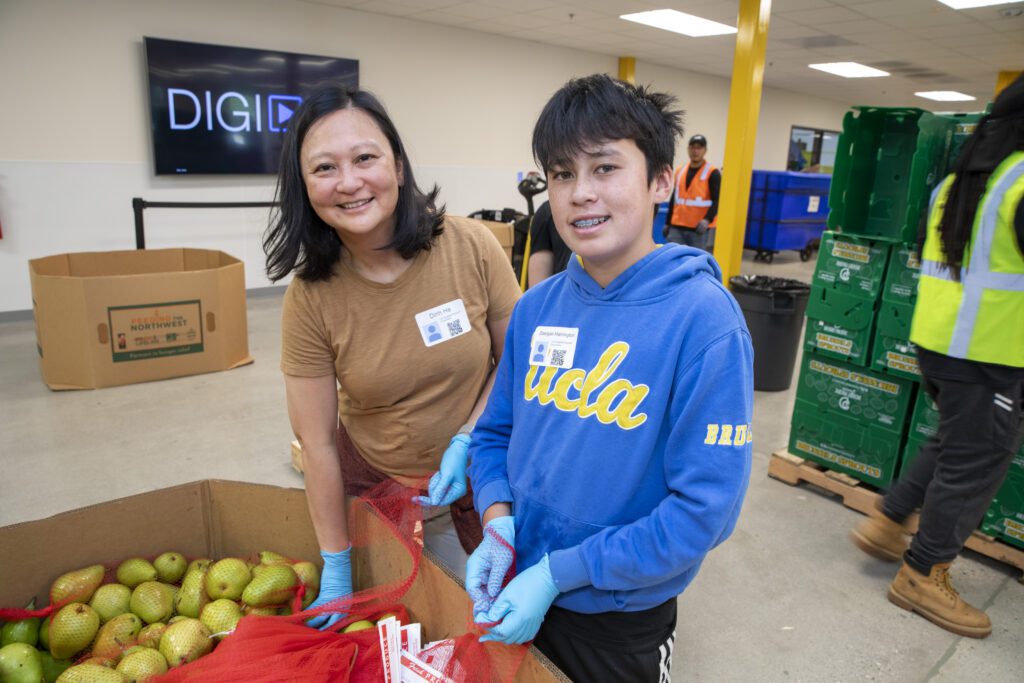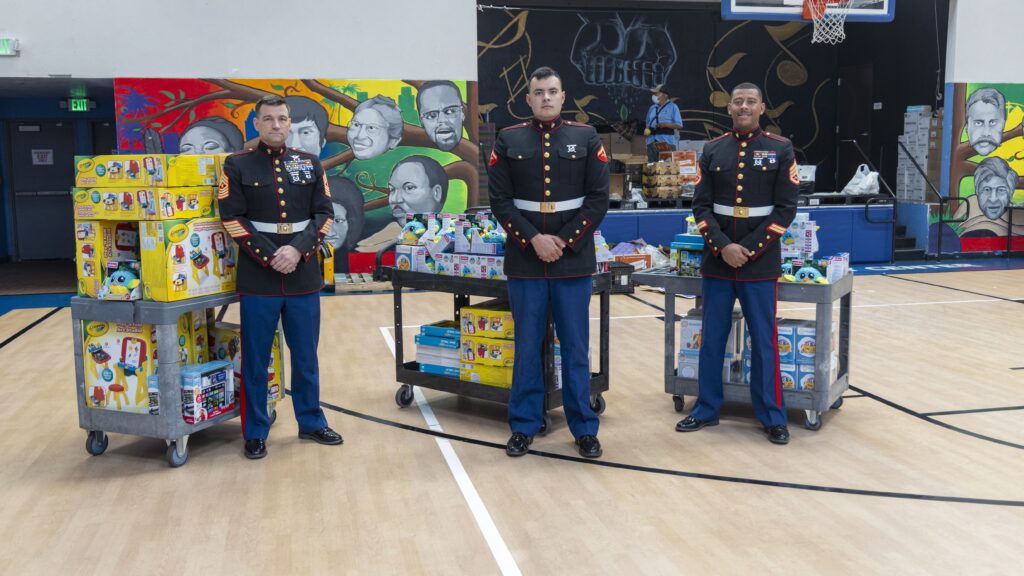The LA Regional Food Bank Helps Citrus College Fight Food and Nutrition Insecurity on Campus
Published on June 16, 2022
Last updated on June 14, 2022 at 03:27 pm
Together, The LA Regional Food Bank and Citrus College work to not only provide food assistance to students in need but provide nutritious meals
College students are working toward a better future. Oftentimes, people are working to break the cycle of poverty to earn higher incomes and provide for their families. At the same time, attending classes and completing assignments takes time – a resource that people who work multiple jobs don’t have.
Citrus College estimates that a large percentage of its student population faces food or nutrition insecurity, meaning that at some point in any given month, they struggle to access nutritious food. Because no one should have to choose between textbooks and meals, Citrus College has a variety of food assistance programs to help their students.
ABOVE AND BEYOND TO FIGHT COLLEGE HUNGER
The MFP is a great solution for Citrus College because it can be parked on-campus in a visible location. Students don’t have to worry about additional transportation to access the food. While the food benefits students, it also benefits their families, and community members can also receive food assistance during these distributions as well.
Any food that is not distributed during the MFP distribution is brought back to one of Citrus College’s pantry locations to be distributed later.
A breath of fresh air for higher education
“Food insecurity is a really big issue for students at community colleges and even at 4-year institutions,” said Dr. Tolano-Leveque. “We provide food assistance programs in K-12 settings, but for some reason, we don’t think about these programs in higher education, even though they are still needed.”





